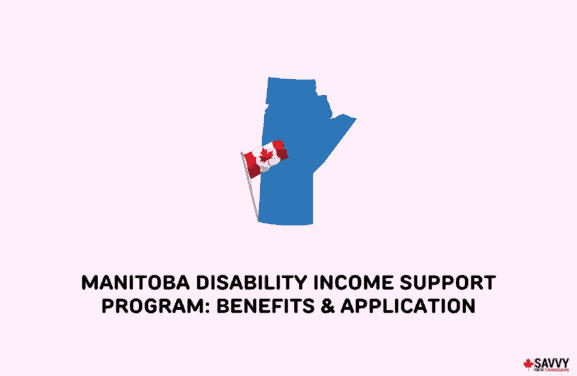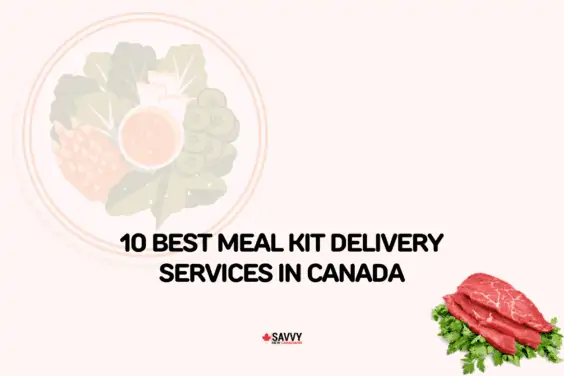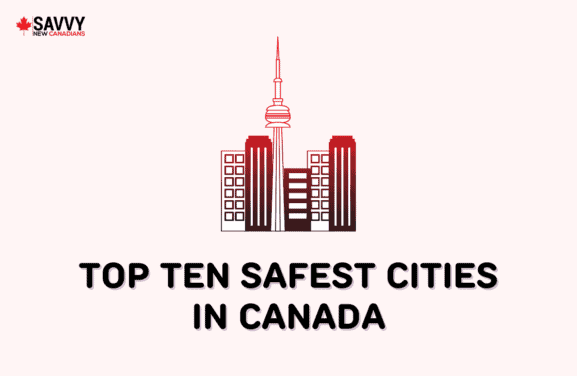Have you ever daydreamed about living a life of luxury, with all the extravagances money can buy? Or maybe you prefer a more modest lifestyle with just enough to cover your expenses and the occasional vacation.
Regardless of your preferences, exploring what it means to live an upper-class lifestyle in Canada is interesting.
This article delves into the definition of upper-class income in Canada, along with related topics such as retirement income, middle-class income for singles and families, and the income range for Canada’s upper class.
Key Takeaways
- The top 10% of earners in Canada had an income of more than $80,400 in 2011 and $160,800 in 2020.
- The income range for the upper class can vary based on location and other factors.
- Toronto has more high-income earners than GTHA, Ontario, and Canada.
What is the Upper Class in Canada?
The definition of “upper class” in Canada can be benchmarked based on income. According to the National Household Survey (NHS) conducted in 2011, the average income of the top 10% of Canadians was above $80,400. In 2020, the top 10% of income was $160,800 on average, according to Statistics Canada.
The median after-tax income of Canadian households was $66,800 for the same time period. This means those in the top 10% earn almost triple the median income.
High-income Canadians tended to be older men living in large CMAs (Census Metropolitan Areas). The richest 1% were concentrated in Ontario and Alberta, with more than half residing in Toronto, Montreal, Calgary, or Vancouver.
Over two-thirds (67.1%) of the top 1% were university graduates. In contrast, one out of every ten people with a postsecondary certificate or diploma below the bachelor’s level earned the top 10%. High-income Canadians are more likely to be highly educated.
Canada’s Upper-Class Income Range
The income range for the upper class in Canada can vary depending on the individual’s location and other factors.
According to Statistics Canada, the top 5% of earners in Ontario had an average income of $238,500 in 2020, while the top 5% of earners in Newfoundland had an average income of $206,600.
What is the Upper-Class Income in Toronto?
Toronto is one of the largest and wealthiest cities in Canada. The top 10% average income in Toronto was $199,800 in 2020 compared to $160,800 for the whole of Canada.
In a separate 2021 report released by Statistics Canada, the median total income for individuals in Toronto was $84,000 in 2021, an increase of $18,000 since 2016.
According to the same report, Toronto has a higher share of high-income earners (those earning > $100K) than GTHA, Ontario, and Canada.
What is the Top 3 Percent of Income in Canada?
It’s hard to find precise information for the above-mentioned income group.
However, we can hypothesize it based on information obtained from Statistics Canada. It shows that the average income for the top 1% was $512,000, and the average income for the top 5% was $238,500 in 2020.
This means the average top 3% income lies within this income range.
Upper Class vs Upper Middle Class
Differentiating between the upper class and upper middle class in Canada can be tricky.
Both groups earn quite a bit more than the national median income, but there are some key differences. The biggest one is probably that the upper class tends to have a significantly higher net worth and more assets than the upper middle class.
Interestingly, according to a 2017 report presented to the Privy Council Office, only 4% of Canadian respondents rated themselves as belonging to the upper class, while 50% rated themselves as belonging to the middle-class income for singles and families group.
As an added tidbit, the estimated amount representing the upper-middle-class retirement income is around $80,000 for singles and $100,000 for couples.
That being said, the upper middle class might still enjoy a higher standard of living than the middle class, even if they don’t have quite as much financial resources as the upper class.
What Jobs Do the Upper Class Have?
In Canada, the majority of workers (87.7%) in the top 1% income bracket have occupations in the following categories:
- management
- health
- business and finance administration
- education, law, social, community, and government services
- natural and applied sciences.
These five occupation groups held 51.9% of all Canadian workers, 77.4% of workers in the top 10%, and 79.7% of workers in the top 5%.
The top 1% of workers in health and education, law, social, community, and government services had university degrees and earned average incomes of $333,600 and $365,800, respectively.
Management, business, finance, and administration had smaller proportions with university degrees and higher average incomes of $421,200 and $398,500, respectively.
FAQs
The average top 5% of income in Canada was $238,500 in 2020, according to Statistics Canada.
The average top 1% of income in Canada was $512,000 in 2020, according to the same set of data obtained from Statistics Canada.
According to a 2020 report by Statistics Canada, around 3 million tax filers reported an income of $100,000 or more.
A salary of $120,000 is considered a good salary in Canada, especially for a single person. However, the cost of living varies across the country, so it’s important to consider the location when evaluating whether a salary is good or not.
Related:




Hey Enoch , I emailed you about ten daye ago or so , the topic was auto insurnace companys and my successfull claim against Gore mutual insurance and Car Star auto repair . It is disheartening that a reply has NOT been received , especially as you advertize as being an advocate for socilal justice against $ billion plus business’ .